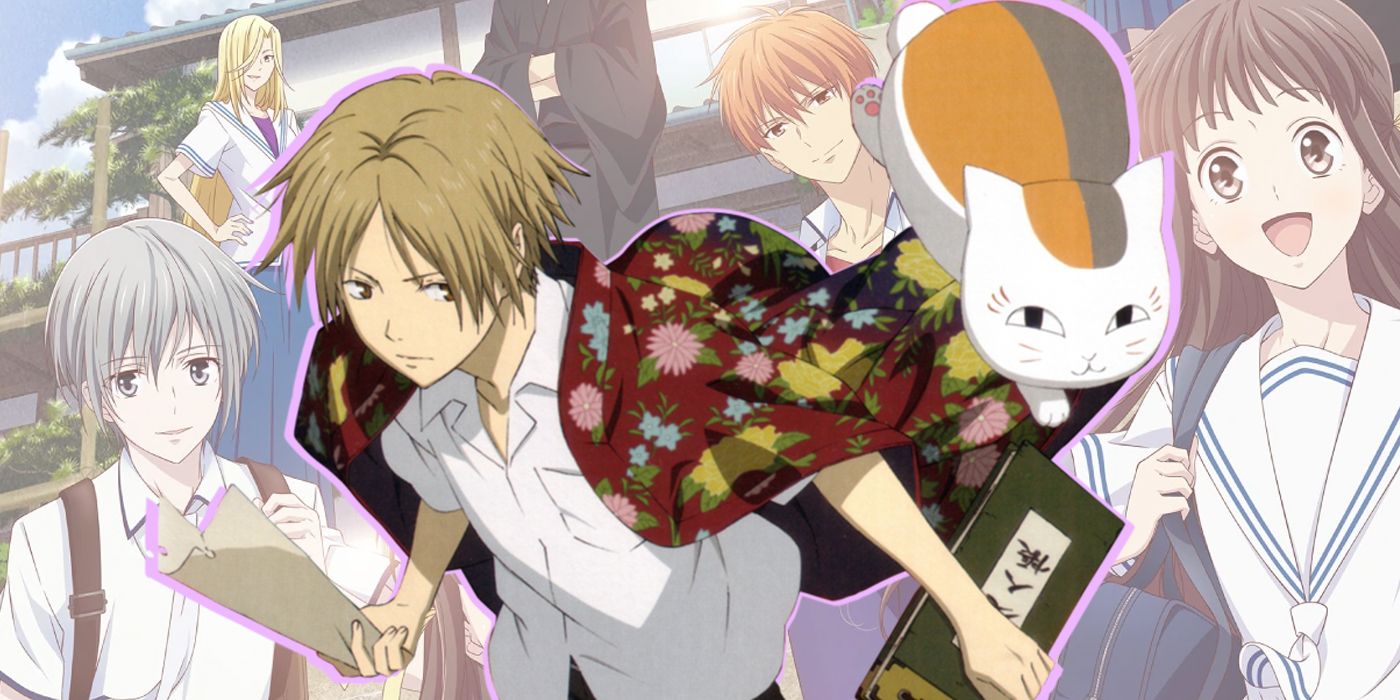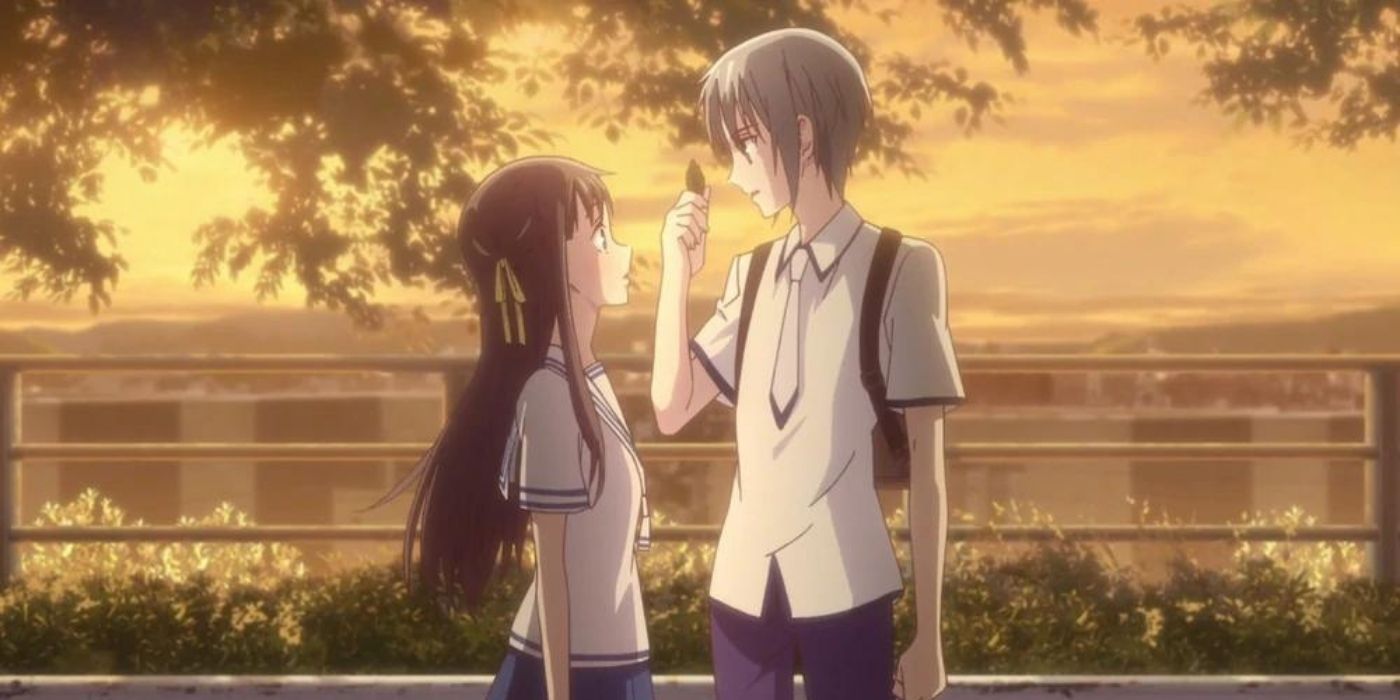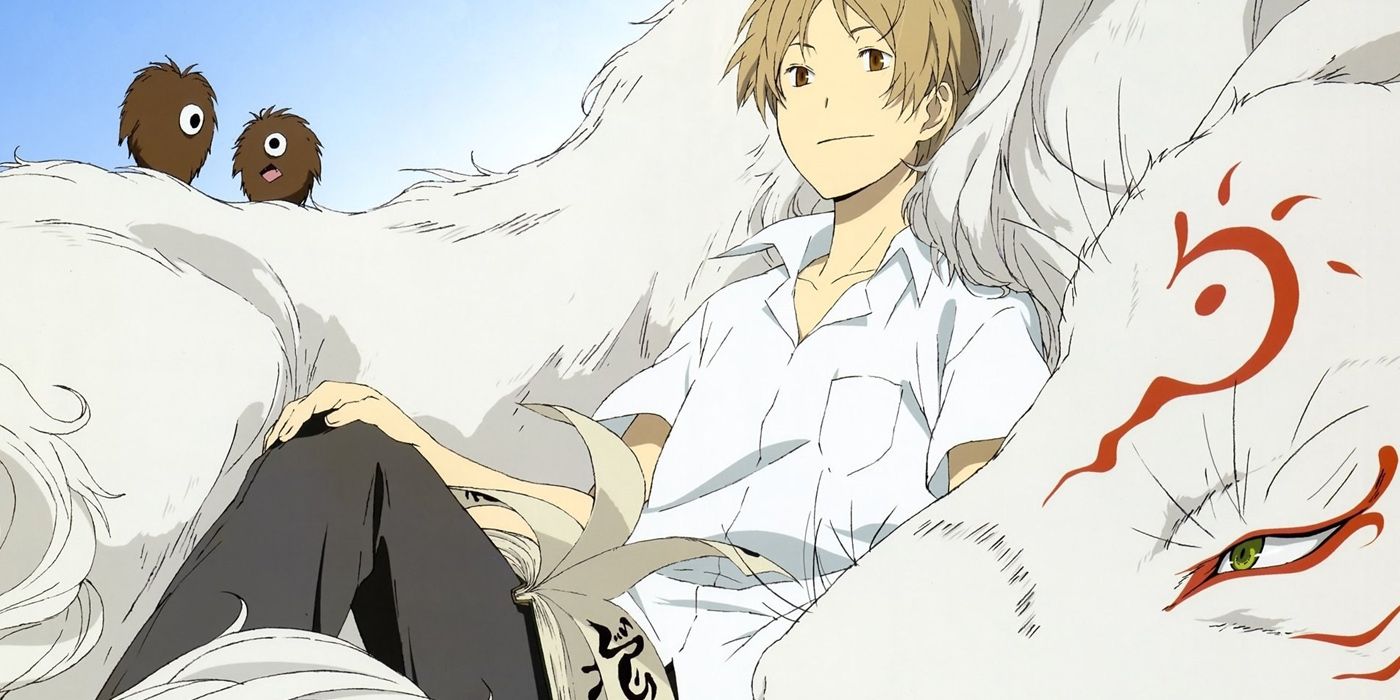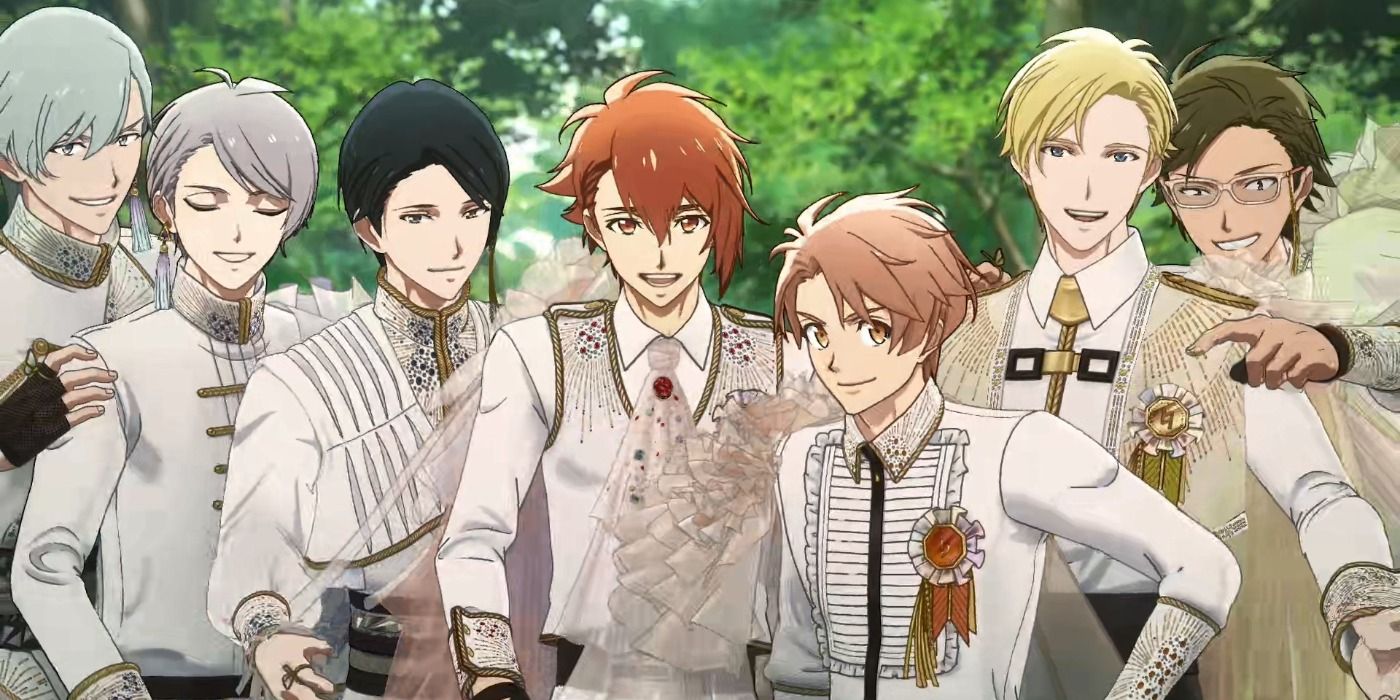When looking at today’s mainstream anime, almost all of it is of the shonen genre. While there are a few shojo anime that have reached immense popularity before, it’s never been to the same extent as many shonen anime. It’s not like studios have suddenly stopped producing shojo anime, there are still several being released every year.
Likewise, there are still many shojo manga still in publication. So what is it about the genre that makes it more difficult to appeal to the mainstream compared to its shonen counterpart? There are several factors that contribute to this, but here are a few of the biggest ones.
Most shojo anime are short, running at about 12-26 episodes without any further seasonal renewals. Meanwhile, all the most popular shonen anime are incredibly long, which is why they’re able to stay within the public conscious for so long. One Piece has over 1,000 episodes, Hunter x Hunter has been around since the 90s, and Naruto was airing for more than a decade before finally passing the baton to its sequel series, Boruto. This is also a conscious decision of the magazines that shonen manga run in, particularly those that run in Shonen Jump. If a series is popular, the editors want to keep it running for as long as possible in order to hold on to the momentum and keep the public’s interest.
It’s very rare for shojo anime to run for very long, so even if a show manages to be positively received by a large audience, that popularity will only last for as long as the series keeps releasing new content. That isn’t to say that shojo manga tend to be short, as there are many that have been serialized for several decades, but very few studios go out of their way to renew shojo anime for additional seasons.
This is why Fruits Basket and Natsume Yuujinchou are such rarities among their shojo brethren. The first anime adaptation of Fruits Basket was released way back in 2001, clocking in at just 26 episodes. It was one of the most popular anime of the early 2000s, and its popularity somehow persisted into the next decade even after the manga had finished its run. It’s likely thanks to this that it was finally rebooted in 2019, with a proper, complete adaptation of all 23 manga volumes. Several other anime have started to get the reboot treatment in recent years, but Fruits Basket was the first, and currently the only shojo anime to receive such a treatment.
Natsume Yuujinchou has been renewed for not just one, not two, but six seasons total as of writing. No other shojo anime has been renewed for this many seasons, ever. It also received two films that featured entirely new characters and storylines. While many shonen anime have gotten film releases that featured all-new stories not adapted from the original manga, it's extremely rare for non-magical girl shojo anime to do the same. Natsume Yuujinchou's popularity is very likely due to it having a much wider audience appeal compared to most other shojo anime. It has a male protagonist rather than a female one, and it doesn’t feature any kind of romance, which typically go hand in hand with shojo manga. Its manner of storytelling is also told in a very serialized format, allowing for many standalone episodes and chapters, which is probably why the manga has managed to continue going for as long as it has with no signs of stopping.
Many shojo anime tend to focus on romances, so there’s also something of a stigma against it, not unlike how many men blow off romantic comedies as just “chick flicks.” Shonen anime, on the other hand, can have a broader appeal as many of them can focus on action, comedy, romance, or all of the above. While there are a good deal of shojo anime that aren’t just about magical girls or high school romances, there are very few of them.
This lack of variety is what prevents the genre from further expanding its audience. Anime with romance as its focal point also do not have the luxury of time on its side. While action or even comedy shows are able to lengthen their lifespan by constantly introducing new obstacles or characters, romance shows tend to stagnate if they drag on for too long. A show can only keep repeating the same misunderstandings and bumbled confessions for so long before the audience loses its patience. And when the main couple finally gets together, it’s easy for the reader to start to lose interest in the story. At that point, even if the story is still ongoing, it may as well be finished. This is typically only excused if there’s an overarching plot beyond the romance between the main characters.
Finally, and this may be the biggest one, there aren't a lot of shojo anime being made. Yes, several studios still adapt a good deal of them, but there aren't nearly as many being released compared to shonen and even seinen anime (anime geared towards older men). Josei anime (anime geared towards older women) receive anime adaptations even less often, with just a handful being released each year. While there are a lot of anime being made with a female audience in mind, with things like male idol anime or anime based on yumejoshi games (games aimed at girls, though not necessarily dating sims like otome games), they aren't quite the same as shojo. These anime typically have male leads and very few female characters, as the point of these types of anime is to sell and market the pretty boys in the show and encourage its female audience to "ship" themselves with those characters. As a result, these types of anime are also typically devoid of romance.
But ultimately, what will lead to more shojo anime being produced is fan demand. Popularity is what will allow a manga to be adapted into an anime, or be green lit for a new season, or even lead to a theatrical release. Producing anime is a lot like making a big investment, so of course, most studios are going to want to adapt something popular. What tells them that a series is popular? Sales figures. Money makes the world go 'round, as they say, and the world of anime is no different.




